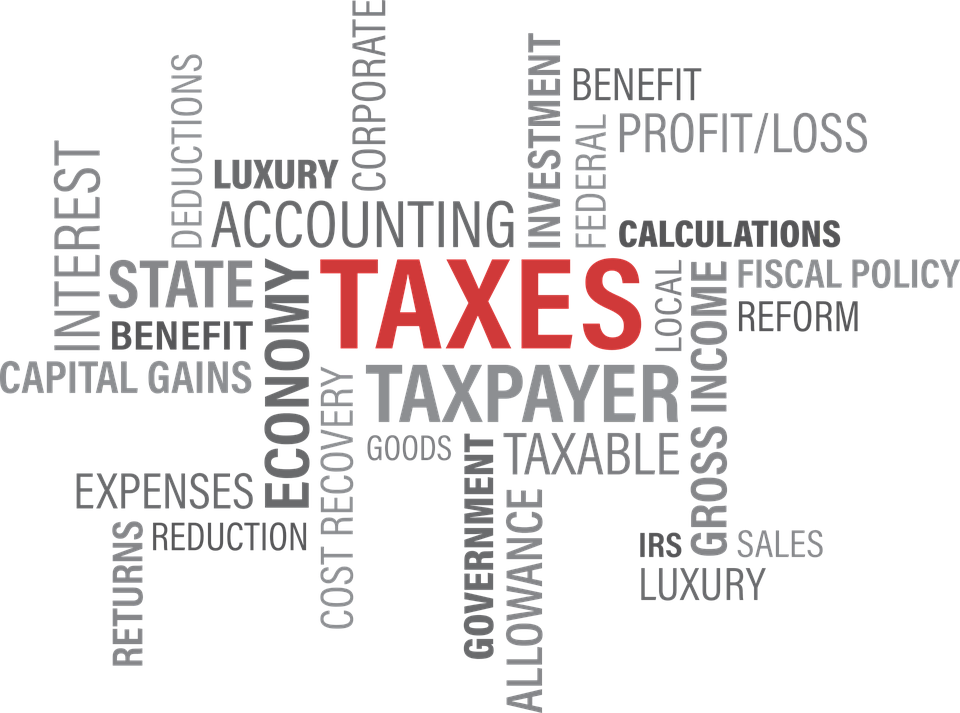Net neutrality is in the news, again. Could Federal Universal Service Fund (FUSF) reform be far behind?
Recently, the Biden administration signed an executive order with 72 provisions, one of which puts internet service provider (ISP) reclassification and net neutrality back in motion. The order calls on the Federal Communications Commission (FCC) to repeal the Trump administration’s 2018 Restoring Internet Freedom Order, revive Obama-era net neutrality provisions, and thus open up ISPs for title reclassification from Title I back to Title II.
At its nucleus, net neutrality — rules promoting broadband investment and barring ISPs from blocking or throttling traffic — wouldn’t appear to be partisan. But over the past few decades, it’s become just that. As with most policies, net neutrality addresses a many-tentacled issue that isn’t as elementary as it appears. Nearly every change of political power swings the ISP pendulum from one regulatory title classification to another and back again — either invigorating net neutrality or knocking it down.
Now that net neutrality may be back on the upswing, perhaps that motion will move policymakers to seek needed reform for the FUSF.
What is the FUSF?
The Federal Universal Service Fund promotes unrestricted access to broadband, lifeline communication, and many other public services. It was established originally to ensure everyone in the United States had access to communication services, such as telephone lines, “with adequate facilities at reasonable charges.” The Telecommunications Act of 1996 expanded the reach from rural and remote areas to include schools, health clinics, libraries, and added telecommunication services, such as internet access.
The fund has always been, and continues to be, financed through phone company revenues from interstate and international services — mostly traditional landline, cellular, and VoIP services. These subsidization fees are typically passed on to the customer as part of their service bill.
Falling funds
Today, industry decision makers are dipping into the fund to also help expand broadband services. But ISP services aren’t charged FUSF fees. The financing responsibility still lies largely with telephone companies.
However, phone services and some interconnected VoIP services have lost — and continue to lose — customers to web conferencing and peer-to-peer VoIP — shrinking the FUSF pool. At the same time, prices for voice services continue to drop. More fingers in the fund, but less funds to go around.
The only recourse for the FUSF thus far is to raise fees on phone companies. This is why the rate the FUSF charges has soared to an all-time high of 33.4%. And wireless and conventional phone customers are footing the bill. How high will the rate go?
Sharing the universal service fees
With net neutrality back in play, will policymakers also make a move to address FUSF contributions? Will they appoint ISPs to share the financial responsibility for their own expansion? Title II classification, though not necessarily mandatory, would likely lower the potential litigation obstacles that could prevent collection of FUSF from broadband internet revenues. Though net neutrality would be the administration’s primary purpose, FUSF contribution reform is a very plausible follow-on. Sourcing a fee from a declining revenue base is not sustainable.
When could reclassification happen?
The FCC must vote on title reclassification. However, the commission is hanging on a party deadlock. Currently, there’s an empty seat with two sitting Republicans and two Democrats. It’s up to the current president to nominate for the open spot.
Since the worldwide web’s infancy, policymakers have been wrangling with its regulation — should they regulate, and if so, to what extent? And as we see today, the internet continues to walk a tenuous tightrope rope of fair access, consumer protection, monopoly controls — as net neutrality blows disruptive and divisive winds. Will these winds help blow in reform for the FUSF?
Read Understand the complexity of communications tax to help minimize risk.
=======
Tony Barger is an attorney and senior tax consultant in the Avalara Communications business unit.
Thanks for reading CPA Practice Advisor!
Subscribe Already registered? Log In
Need more information? Read the FAQs




